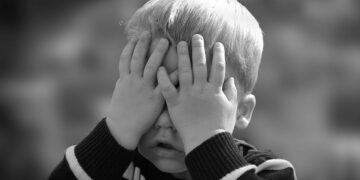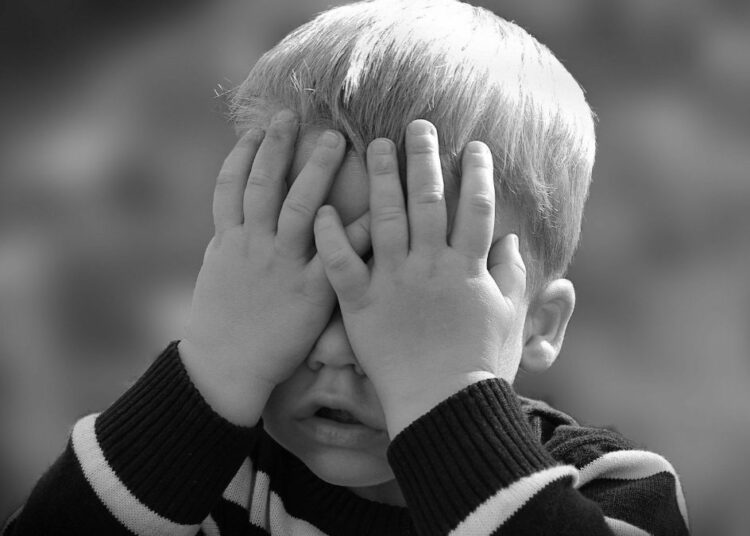Can you be racist at only three months of age? According to the Arizona Department of Education, yes, you can.
US filmmaker and journalist Christopher F. Rufo has the “scoop.” According to a state agency document intended for teachers and families, the first signs of racism in babies show up at the age of only three months, when little ones begin to recognize the people caring for them. Hence the suggestion: talk to them about race-based discrimination early on, before they can even begin to respond. After all, “letting children draw their own conclusions based on what they see” could lead them to racial discrimination.
Little racists grow up
As excerpts of this document posted on Twitter by Rufo attest, the situation would get worse as time goes by. After the age of two, most children would choose their playmates based on race, after four they would begin to cultivate prejudice, and by the age of five white children would be “strongly biased” in favor of their own race. The Arizona Department of Education website notes that schools “cannot expect every black, Latino, Native, indigenous and Asian child” to reach their full potential if they are not adequately supported.
“White anti-racist mentality”
But in what way should this support be provided? As reported by Russia Today, a number of authors are recommended, including Kimberlé Crenshaw, the mother of the definition of “intersectionality“, and Patrisse Khan Cullors, a Black Lives Matter co-founder. The recommended viewings include the Netflix show titled Dear White People, which is considered by many to be divisive. The goal is to get little ones to change the paradigm of “what it means to be white” and instill in them an “anti-racist white identity.”
Racist whites
In another passage of the document eviscerated by Rufo, an important warning emerges that sounds something like this: dear whites, don’t think you are exempt from the charge of racism merely because you have black friends. In fact, the ministry points out that white people “can have a black friend, partner or child, and still be racist.”
Rufo called on Arizona Governor Doug Ducey, a Republican, to investigate this “radical” program, accusing it of being “deeply ideological, anti-scientific and morally foolish.”
Trump’s executive order
Rufo already raised controversy months ago over a decision by some federal agencies to implement courses for public employees aimed at rejecting “stereotypes” based on race and gender. The affair had not gone unnoticed: then President Donald J. Trump signed an executive order banning this type of initiative funded with public money. According to the former White House tenant, such courses are based on the belief that “any individual should experience discomfort, guilt, distress or other form of psychological distress because of their race or gender.”




















Discussion about this post